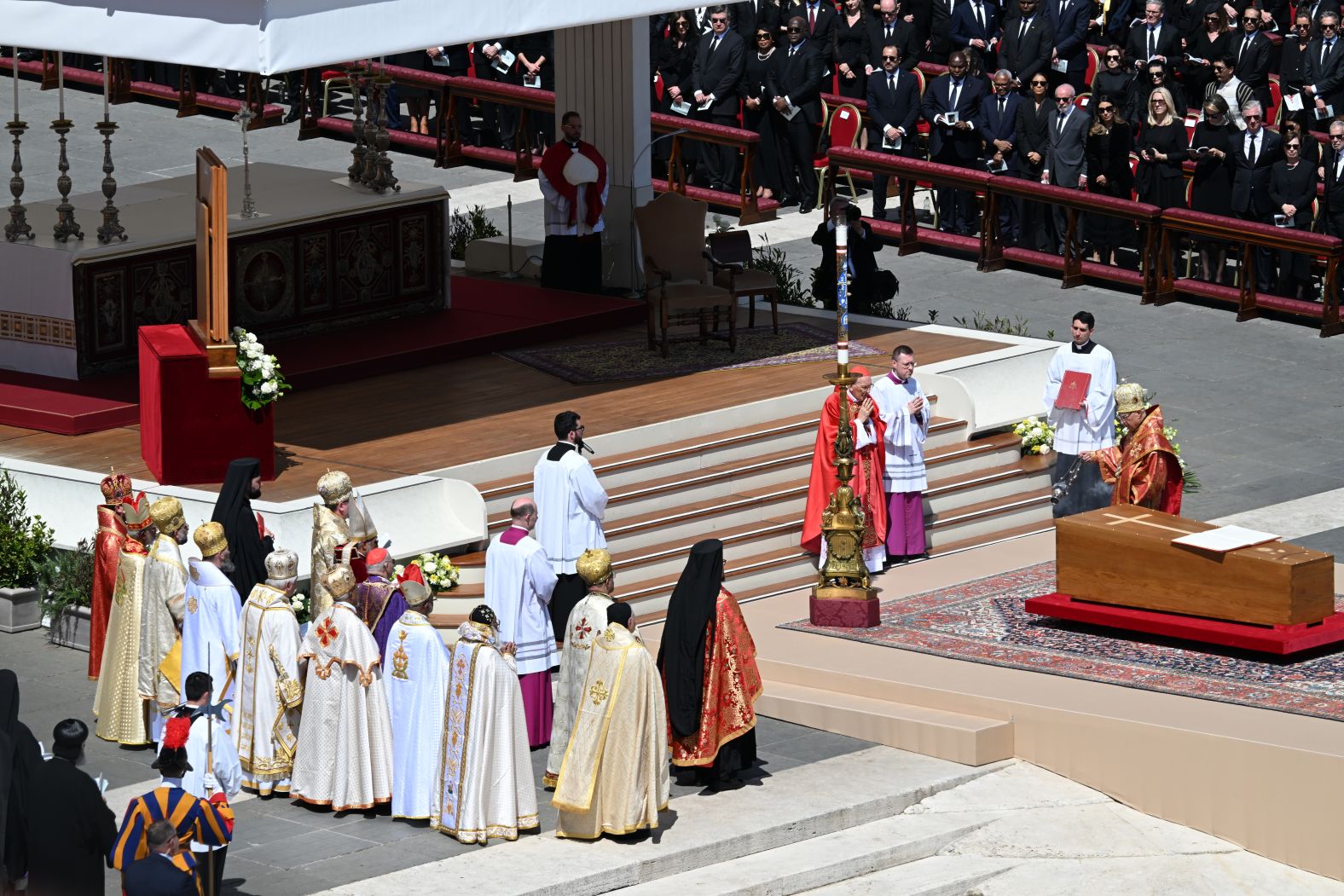- Tennis
What matters now is Tehran’s response
时间:2010-12-5 17:23:32 作者:Technology Policy 来源:Explainers 查看: 评论:0内容摘要:England international Jess Park began lighting things up when she nutmegged a player to earn a corner, prompting the DJ as she prepared the set-piece in Manchester City's opening 4-0 win over Rosengard.England international Jess Park began lighting things up when she nutmegged a player to earn a corner, prompting the DJ as she prepared the set-piece in Manchester City's opening 4-0 win over Rosengard.
Yet they used so much power that electricity rates shot up. Within a year, some residents were paying up to 40% more during winter months, Read says.The following year, he and other local lawmakers passed rules against buildings blasting out hot air.

"Fortunately we put a stop to it," he says, noting that all but one Bitcoin mining operation left the city.Resistance to Bitcoin mines extends to places with the biggest Trump support.Cyndie Roberson was retired and unaware of the crypto industry until a Bitcoin mining operation moved to her small town in North Carolina in 2021. The locals banded together and managed to ban new Bitcoin developments in their area - but the existing one was allowed to stay and the bitterness of the fight made her decide to move south, to Gilmer County in Georgia.

There, Ms Roberson has campaigned against crypto mining in a region that is solidly pro-Republican. In the county where she lives, she says that around 1,000 people came to a public meeting to oppose a mine, which then wasn't allowed to operate.Just north of Gilmer, the Fannin County Commission has enacted a ban on crypto mining, while a Georgian commission representing 18 primarily rural counties has published advice on how to restrict the development of Bitcoin mines.

"When you're in my backyard, when you're in my town, trying to wreck our property and our peace, people will tell you, it's a hard 'no'," says Ms Roberson.
Although 80% of local people backed Trump last November, that support doesn't appear to stop people opposing one of his key crypto goals.In the recent past the British army has just about managed to sustain a prolonged military campaign. But in Afghanistan, between 2006 and 2014, it was only fighting lightly armed Taliban insurgents. Even then it was stretched - with nine thousand troops being constantly rotated every six months.
Crump says "Afghanistan was painful enough, and we had 20,000 more people". While he says providing a reassurance force for Ukraine "might be doable – it would rapidly wear us down".The government says it is addressing these challenges with its Strategic Defence Review. John Healey, the Defence Secretary, claims it will lead to the "biggest shake up of UK defence for over 50 years".
But past reviews have rarely lived up to expectation – not least because the money available rarely matches ambitions. Most reviews are quickly overtaken by events. Harold Wilson's defence review of 1966 was overtaken just three years later by a crisis in Northern Ireland; whilst Tony Blair's review of 1998 came just three years before 9/11.Indeed, when work on this review began, the US - under President Joe Biden - was still the UK's closest and most reliable military partner. Now that's less clear.
- 最近更新
- 2025-07-07 06:32:09Ree Drummond’s Perfectly Baked Beans
- 2025-07-07 06:32:09our growing library of personal finance guides
- 2025-07-07 06:32:09Pistachio Ice Cream Sandwiches with Walnut Brownies
- 2025-07-07 06:32:09Ocean Vuong's new novel, 'The Emperor of Gladness,' is Winfrey's latest book club pick
- 2025-07-07 06:32:09Kyle Larson crashes again at Indy 500 practice
- 2025-07-07 06:32:09AOLThis comfy couch is only $290 at Walmart right now
- 2025-07-07 06:32:09Interest from bonds and bond funds
- 2025-07-07 06:32:09The most (and least) expensive states for car insurance in 2025
- 热门排行
- 2025-07-07 06:32:09How the Fed rate affects your student loans
- 2025-07-07 06:32:09Extreme heat will make it feel more like August than May for Texas, parts of southeastern US
- 2025-07-07 06:32:09Trisha Yearwood’s Easy Baked Beans
- 2025-07-07 06:32:09Moving to a new neighborhood or state
- 2025-07-07 06:32:09high-yield savings account versus a traditional savings account
- 2025-07-07 06:32:09Nathan Ambrosioni Finds Sympathy for ‘Bad Mothers’ in Camille Cottin Starrer ‘Out of …
- 2025-07-07 06:32:09prompting slides to be deployed
- 2025-07-07 06:32:09Timberwolves beat Warriors in Game 5 to reach Western Conference finals for 2nd straight year
- 友情链接
- Kenya police officer arrested over blogger’s death in custody At least 100 people killed as gunmen attack Nigeria’s Benue: Rights group At least 270 bodies recovered from Air India crash site in Ahmedabad Two jailed for 30 years over 2019 Kenya hotel attack .css-v2kfba{height:100%;width:100%;} Wagner vs Africa Corps: The future of Russian paramilitaries in Mali New Sri Lanka mass grave discovery reopens old wounds for Tamils US attacks Iran: How Trump rejoined ‘team’ Netanyahu At least 270 bodies recovered from Air India crash site in Ahmedabad ‘Thithi president!’: Supporters rally for banned Ivorian opposition hopeful UN warns of starvation in ‘hunger hotspots’ African manhood is broken – and it’s costing women their lives Pakistanis flee Iran amid Israel-Iran war border closure Seven killed in helicopter crash in India’s Uttarakhand state Kenya police officer arrested over blogger’s death in custody Iran warns US of consequences after strikes, says Trump betrayed his voters Photos: Kenyan police shoot bystander at close range during latest protests Pentagon chief says US strikes have ‘devastated’ Iran’s nuclear programme Guardiola wants more after Man City thump Al Ain at Club World Cup Senior Trump officials say US attacks on Iran ‘not about regime change’ Why India refused to join SCO condemnation of Israel’s attacks on Iran ‘We’ll end this war’: Iran warns ‘gambler’ Trump as it hits back at Israel India-Pakistan matches confirmed at ICC Women’s World Cups in 2025 and 2026 The Netherlands returns 119 stolen sculptures to Nigeria Wagner vs Africa Corps: The future of Russian paramilitaries in Mali Al Jazeera Centre for Public Liberties & Human Rights Photos: Kenyan police shoot bystander at close range during latest protests Seven killed in helicopter crash in India’s Uttarakhand state Devi Khadka: The woman leading the fight against wartime sexual violence Syria church bombing kills 25, dozens wounded
